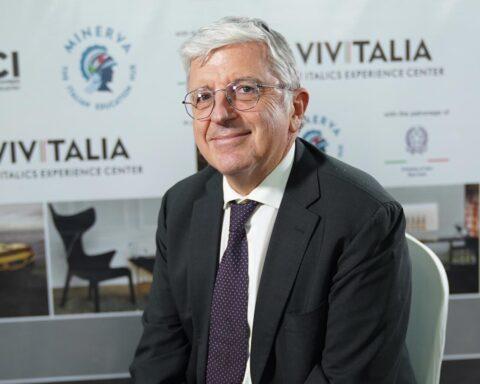An editor-turned-educator-turned-entrepreneur, Ritu Malhotra quit her job at Heritage Xperiential School, Gurugram, to fill the gaps in India’s school education system. Her drive was to make her students more than just responsible citizens. She realised that the curriculum-defined knowledge held them back from becoming solution providers and leaders of tomorrow. Looking for solutions, she experimented with the United Nations’ Sustainable Development Goals (SDGs) and “it did wonders,” she told Tatsat Chronicle in a video interview from Hamburg, Germany. The co-founder of ARCedtech is attending a nine-month programme of the International Sustainability Academy (ISA), conceptualised to find solutions to some of the greatest challenges for planet Earth.
What led to the idea of Arcedtech? How has your journey been so far?
I am the founder of ARC, which is an education start-up. We are trying to integrate sustainability into our education system by creating books for schools. I have been a user and a creator of books, and somewhere during this experience, I felt that a very important facet was missing from the sphere of education. We were not making the children of today the problem solvers of tomorrow. We were not making them responsible citizens of tomorrow through maths, science, and languages taught in schools. There was an awakening, this compelling desire to bring that into the sphere of education. When I got introduced to the UN Sustainable Development Goals, I knew that was the solution. These goals were tools, be it poverty, gender equality or climate change, to address all global problems. It, thus, became very important that children be made aware of these goals so that they can bring a change in the world.


























